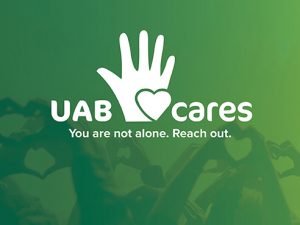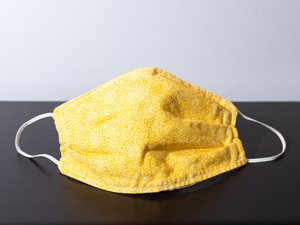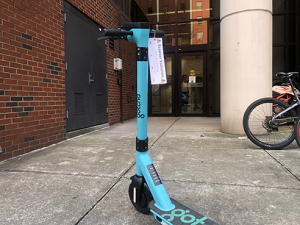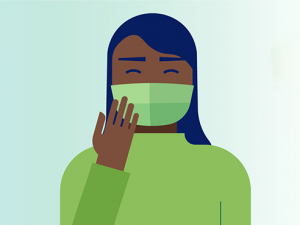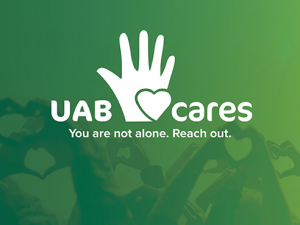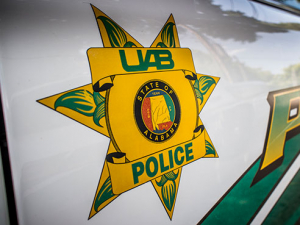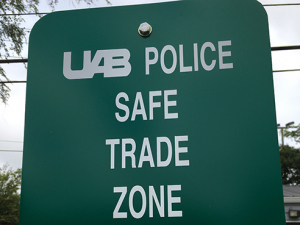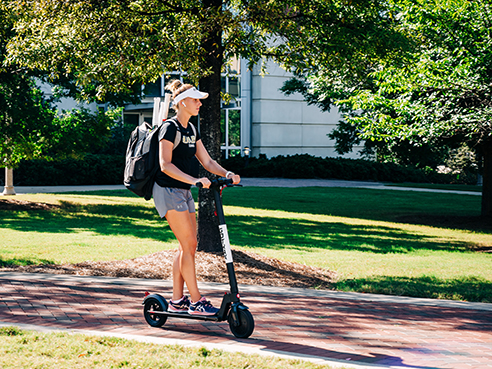 Micromobility vehicles like rentable electric scooters and bikes make getting across campus quickly a breeze. But parking them improperly can prevent Blazers from accessing sidewalks, ramps, accessible doorways and more, according to Disability Support Services.
Micromobility vehicles like rentable electric scooters and bikes make getting across campus quickly a breeze. But parking them improperly can prevent Blazers from accessing sidewalks, ramps, accessible doorways and more, according to Disability Support Services.
“It’s important to remember that everyone on our campus deserves the right to move about safely and without barriers,” said Allison Solomon, DSS director.
Accessibility for all campus constituents aligns with UAB’s shared values of diversity and inclusiveness, respect, integrity and accountability, says Chief Facilities Officer Greg Parsons.
“Prioritizing our commitment to a safe and accessible campus is an example of our priority of diversity and inclusion — we must act out of respect for our fellow Blazers,” Parsons said. “We do this by showing integrity through parking these vehicles properly, even when no one else is around and by operating them in a safe and responsible manner at all times, especially around pedestrians. We must hold ourselves accountable.”
Keeping each other accountable
To educate riders on parking procedures and discourage parking in inappropriate locations, DSS is providing informal violation tags that employees and students can place on improperly parked micromobility vehicles. No fines or penalties are associated with the tags, which are designed for instructive purposes only.
|
Blazers can report improperly parked micromobility vehicles to UAB Transportation and the City of Birmingham using the Micromobility Reporting Tool form. The form also can be used to report scooterists and cyclists exhibiting risky riding behaviors. |
DSS is coordinating distribution of tags to all building administrators to be used in their areas on campus. DSS also will distribute tags to interested Blazers upon request; employees and students also can request stickers for distribution by emailing dss@uab.edu.
“We hope that, by mobilizing the Blazer community in an effort to prevent riders’ parking their scooters or bikes in the wrong places, we can work together to make sure all feel welcome,” Solomon said.
In addition to utilizing the tags from DSS, Blazers can report improperly parked micromobility vehicles to UAB Transportation and the City of Birmingham using the Micromobility Reporting Tool form. The form also can be used to report scooterists and cyclists exhibiting risky riding behaviors; more than 250 reports have been filed using the form since its rollout in 2021.
Blazers’ perspectives
A friendly reminder from a tag could be just the ticket to help someone think about how their parking choice may affect others, says Jamie Grimes, academic adviser for the College of Arts and Sciences. It takes only a few seconds to move a micromobility vehicle out of the way, he continues, but it could make a big difference.
|
DSS is coordinating distribution of scooter violation tags to all building administrators; employees and students also can request stickers from DSS at dss@uab.edu. |
“Scooters blocking pathways are unnecessary challenges that simply don’t need to happen,” Grimes said. “Where we park, even ‘just for a minute,’ and even where we stand while waiting for a classroom to be available are things we can be mindful about with very little effort or inconvenience to make things easier for others.”
Kristina Boyle, administration and operations manager in the Collat School of Business dean’s office, says she personally has seen several instances of improperly parked scooters at the business school — they often must be moved from doorways, where they block card-reader access for wheelchair users. She has also seen them block sidewalks or curb ramps, which would also impact Blazers who use manual or electric mobility assistance chairs.
“Across campus, I’ve noticed that scooters are left on sidewalks, ramps near curbs or on walkways approaching buildings — one example is on the University Boulevard side of Campbell Hall. Along with a lot of bicycles, scooters are left sitting on the only ramp to the doors. A student on crutches was having trouble navigating the maze — a wheelchair user would have been really challenged.”



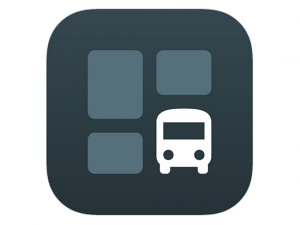
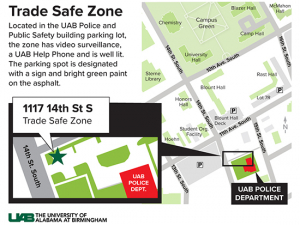
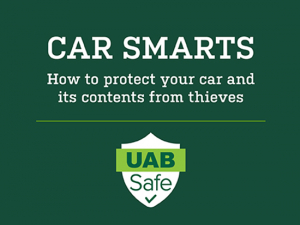

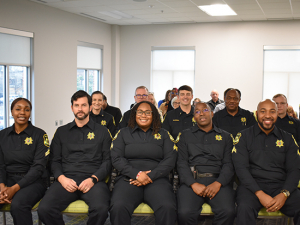

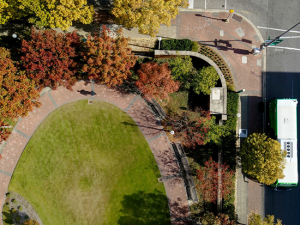

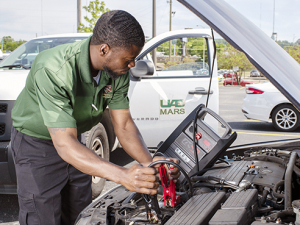
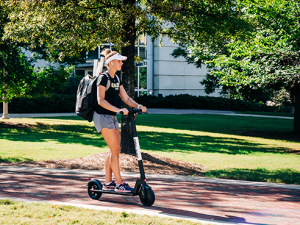


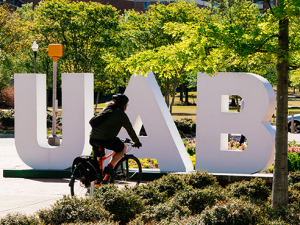
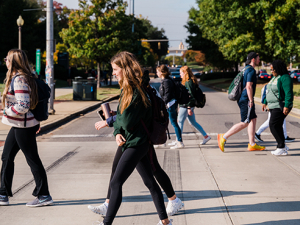
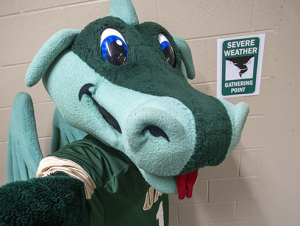
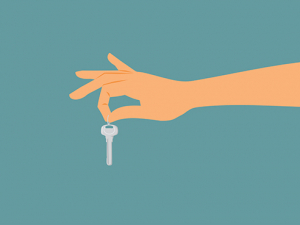
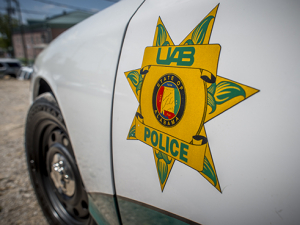


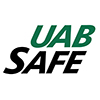 UAB is committed to fostering a safe and inclusive environment for all Blazers. From mobile apps to bus escort services to B-Alerts and more, make sure you’re up to date on all the ways to stay safer on campus.
UAB is committed to fostering a safe and inclusive environment for all Blazers. From mobile apps to bus escort services to B-Alerts and more, make sure you’re up to date on all the ways to stay safer on campus.